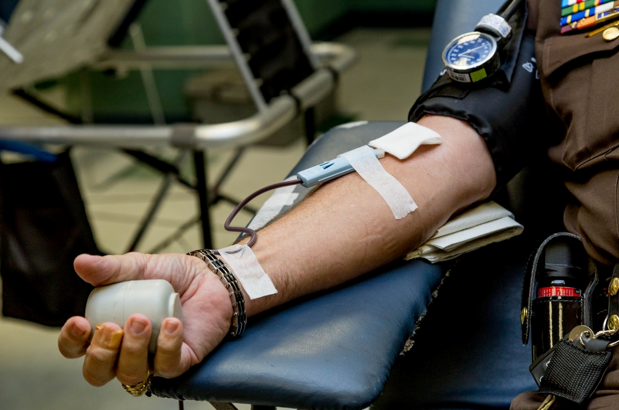
3 Reasons to Get Certified for Handling Bloodborne Pathogens
- 0
If you’re a healthcare professional, working in this fast-growing sector is sure to be a fulfilling job. However, working with bloodborne pathogens is sure to bring with it plenty of stress.
These pathogens can be highly infectious and pose as a big threat to the health and welfare of you, your colleagues, and your patients. With this in mind, bloodborne pathogen standards must be met so that everyone remains safe.
That’s where certification steps in. With the regulatory programs, you can meet all the required standards and practices. So read on and let’s talk about why you should get certified.
Let’s take a look at everything you need to know.
1. Legal Compliance
Getting certified for handling bloodborne pathogens is an important step. This comes primarily for legal compliance. Employers are required by law to provide training and certification for employees. These employees may come into contact with bloodborne pathogens in the course of their job.
This includes:
- healthcare workers
- first responders
- laboratory technicians
- other professionals
There will be fines and penalties for employers who fail to provide training and a Bloodborne Pathogens certificate. Compliance with these regulations ensures that employers are operating within the law. It also ensures that employees are properly trained on how to handle and dispose of potentially infectious materials.
2. Safety
Getting certified for handling bloodborne pathogens is crucial for safety. Bloodborne pathogens can be transmitted through contact with infected blood or other bodily fluids, such as:
- HIV
- hepatitis B
- hepatitis C
This means that anyone who may come into contact with blood or other bodily fluids as part of their job is at risk of exposure. By getting certified, these individuals learn how to handle and dispose of potentially infectious materials properly.
This reduces the risk of exposure and transmission. The certification program typically includes information on how the pathogens are transmitted. It also covers how to prevent exposure. Moreover, what to do in case of exposure will also be discussed.
It also covers the following:
- the use of PPE
- decontamination procedures
- emergency response procedures
This knowledge and understanding are crucial. It helps ensure the safety of both employees and patients, as it reduces the risk of exposure and transmission of bloodborne pathogens in the workplace.
3. Professional Development
This can lead to job advancement. Thus, leading to increased job opportunities. Having a certification in handling bloodborne pathogens can be a requirement for certain job positions.
Having this certification can make an individual stand out among other applicants. A certification can also be a requirement for specific industries. Having this certification can help an individual to be more competitive in the job market.
Furthermore, getting certified also allows individuals to stay current with the latest information. Thus, be updated with best practices in the field. This can be beneficial for their professional growth and development.
Get Your Certification for Handling Bloodborne Pathogens
Getting your certification for handling bloodborne pathogens is a critical step. This ensures the safety of yourself and those in your care. Enrolling in a course is easy, affordable, and your best bet for protecting yourself, your co-workers, and your patients.
Get started today and protect your health and those around you.
To get into more reads, visit our main blog page.







